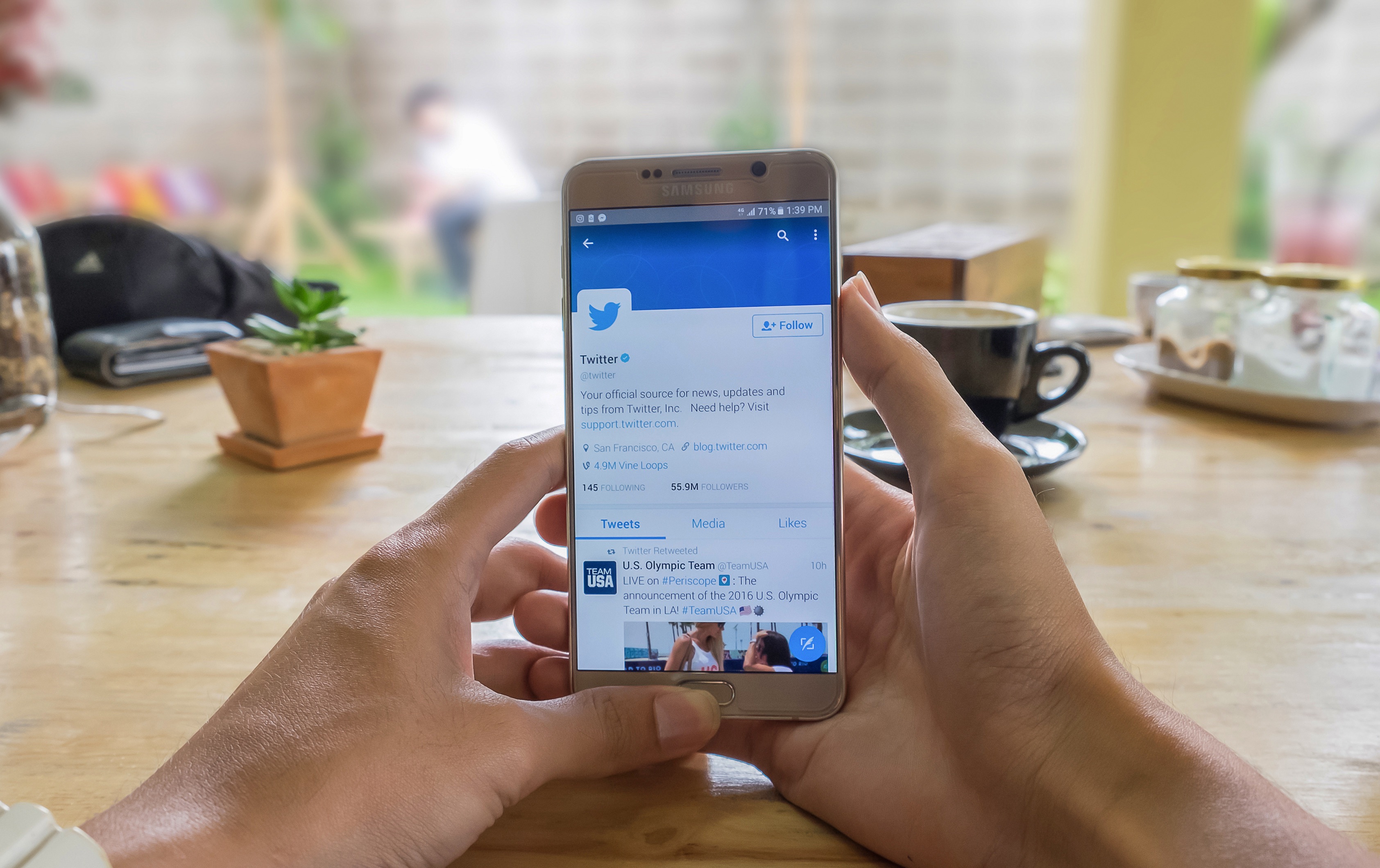
Sciences & Technology
Facebook, the Government and revenge porn

Angela Williamson’s sacking from Cricket Australia, over alleged political opinions shared on social media, demonstrates the need for clearer laws
Published 2 August 2018
Every day, around the world, people post around 500 million tweets. From photos of food to political statements, Twitter blurs the line between public and private, and the personal and professional.
As social media becomes an increasing part of people’s daily lives - employers, the law and employment tribunals are playing catch up, being forced to respond to more and more cases of employees publishing a personal opinion in the public domain.
Angela Williamson says she’s “overwhelmed” by support she’s received since being sacked from her government relations role at @CricketAus for criticising the Tasmanian Government’s closure of #abortion services. More tonight #abc730 @leighsales pic.twitter.com/4WBvDnFjEy
— abc730 (@abc730) July 31, 2018
The latest example here in Australia saw Angela Williamson dismissed from her position as manager of public policy and government relations in Tasmania by Cricket Australia, for apparently “making offensive comments that contravene the organisation’s policies”.
Some have raised concerns about whether she was treated fairly and others have questioned how far employers can go in controlling employees’ use of social media.
Beyond these immediate questions, Angela Williamson’s case raises many other issues of rights, politics and law. So how do we identify and disentangle these issues?
There are key questions that need to be answered in order to be clear about what rights are at stake and what legal claims could protect them.
So, what rights does Ms Williamson have as an employee? Can Cricket Australia as her employer control her private use of social media on an issue irrelevant to its own business? Can it, by adopting a social media policy, silence its employees, and dismiss them if they breach the policy?
Courts have held that a breach of employer social media policies can justify termination of employment. But employers shouldn’t be able to enforce a policy that extends to matters undertaken privately that have no connection at all with the workplace or the employer’s business.
The legal limits to the acceptable scope of employer policies (including social media policies) are not yet clear in Australia – we’re still awaiting a test case to clarify the law.
In Ms Williamson’s case, her tweets were clearly about the widely discussed issue of abortion in Tasmania; so, if her dismissal is upheld it would undermine her freedom of expression on an important political issue.

This could in fact be a good case to make the argument that there must be limits on employers’ powers to restrict fundamental rights of employees when they are exercised without any overt connection to the workplace. An employer should not be able to prevent employees from engaging in lobbying or criticising government policies or laws unrelated to its work.
Unlike the USA and Canada, Australia has no Bill of Rights in its Constitution protecting individual rights to freedom of expression. And unlike the United Kingdom and New Zealand, we have no specific legislative provision for freedom of speech that protects the right of an individual to express their views.

Sciences & Technology
Facebook, the Government and revenge porn
Although the High Court has found that freedom of political communication is implicit in our Constitution, it is not an individual right. Instead, it protects political communication in the interests of the state as a whole.
In the absence of a specific free speech right, Ms Williamson could look to employment law or anti-discrimination law.
An unfair dismissal claim involves the Fair Work Commission looking at the circumstances of her case and assessing whether overall she has been treated fairly, in terms of process and substance. If she succeeds she could get up to 6 months’ salary by way of compensation. Although reinstatement is possible, it is rare because often in these cases the employer/employee relationship has broken down beyond repair.
The second avenue is an adverse action claim under the Fair Work Act. Although there is no limit to the amount of money compensation that can be awarded, she still has to prove what damage she suffered.

In this case, Ms Williamson would have to prove that Cricket Australia took adverse action against her by terminating her employment, and that the reason for the termination was her “political opinion”.
If proven, then the onus of proof would shift to Cricket Australia to prove that her political opinion played no part at all in the decision to terminate her employment.
Cricket Australia may try to avoid liability by arguing that the reason for her termination was solely the breach of company policy, not the content of her tweets; but it’s arguable that there is a limit to the extent of unrelated material an employer can control through a social media policy. This point is not yet clear in law and this could be a test case.

Politics & Society
Social media politics: For and against
Ms Williamson may also have a claim that she experienced discrimination based on her ‘political belief, affiliation or activity’ under Tasmanian anti-discrimination law, but this is less attractive procedurally.
There’s also the question of whether Ms Williamson’s privacy was breached by someone in the Tasmanian government - publicly releasing confidential information she had provided to the government about her own abortion experience while she was campaigning for reform. This has been denied by the government.
Like other individual rights, privacy protection in Australia is weak.
Protection is usually through administrative avenues, like complaining to an ombudsman. But as the information in this case was health information, it’s given special status in privacy law.
Ms Williamson could complain under Tasmania’s Personal Information and Protection Act 2004 to the Office of the Ombudsman and Health Complaints Commissioner in addition to her claim against her employer.

But a remedy for breach of privacy is of little value once the private information has been publicly released – it can’t be made private again.
Finally, and most importantly, there is the gender dimension.
By tweeting, Angela Williamson was drawing attention to the Tasmanian government’s denial of an important health service to Tasmanian women. Abortion was only decriminalised in Tasmania in 2013, but the government is denying women’s rights indirectly by failing to fund it as an essential medical service.

Politics & Society
Sexism, women and Australian politics
As a result, women have to fly interstate to access an abortion, which may be impossible due to cost, lack of support, or because they would have to inform others in order to travel, denying their right to health privacy.
Any change has to occur at the political level, and that is what Ms Williamson was seeking. She felt she had a voice and it was important to bring the issue to the attention of government. In return her private health data and her tweets were publicised, leading to the loss of her job.
The message to other women is that you should not speak up because you could experience personal reprisals. The effect is to pressure women and other campaigners into silence because of the personal risks, for doing nothing more than lobbying government for a change of policy.
Silencing opponents is a dangerous course in a democracy that claims to respect freedom of speech. Targeting an individual who speaks up undermines everyone’s democratic rights to participate freely in public debate and to campaign against government policies.
Women in Tasmania and around Australia should be grateful to her for the attention and political heat she has drawn to this issue, but what a personal price she has had to pay.
Banner image: Shutterstock